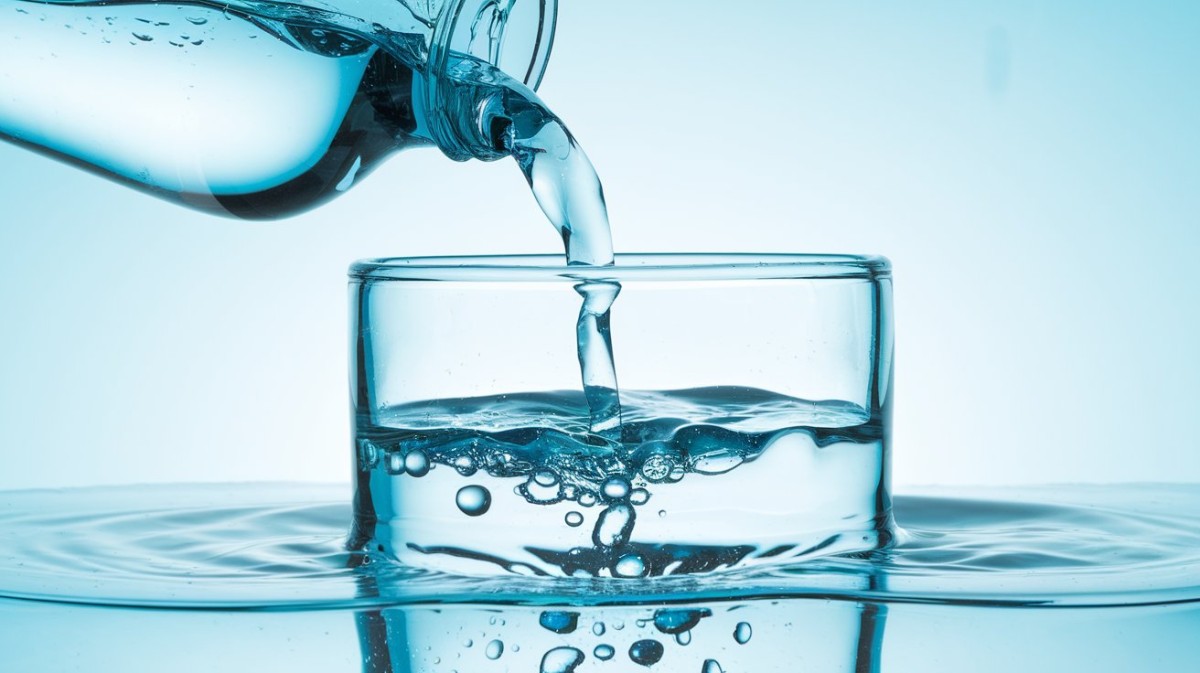Water is an essential component of the body. Nevertheless, deciding on the proportion of water to be taken at any one time can be a difficult task depending on the different factors such as age, sex, level of physical activity, weather conditions and health status.
In this blog, we will specifically focus on the topic of hydration, how much water you should drink a day and some tips on how to ensure you drink enough water.
The Importance of Hydration
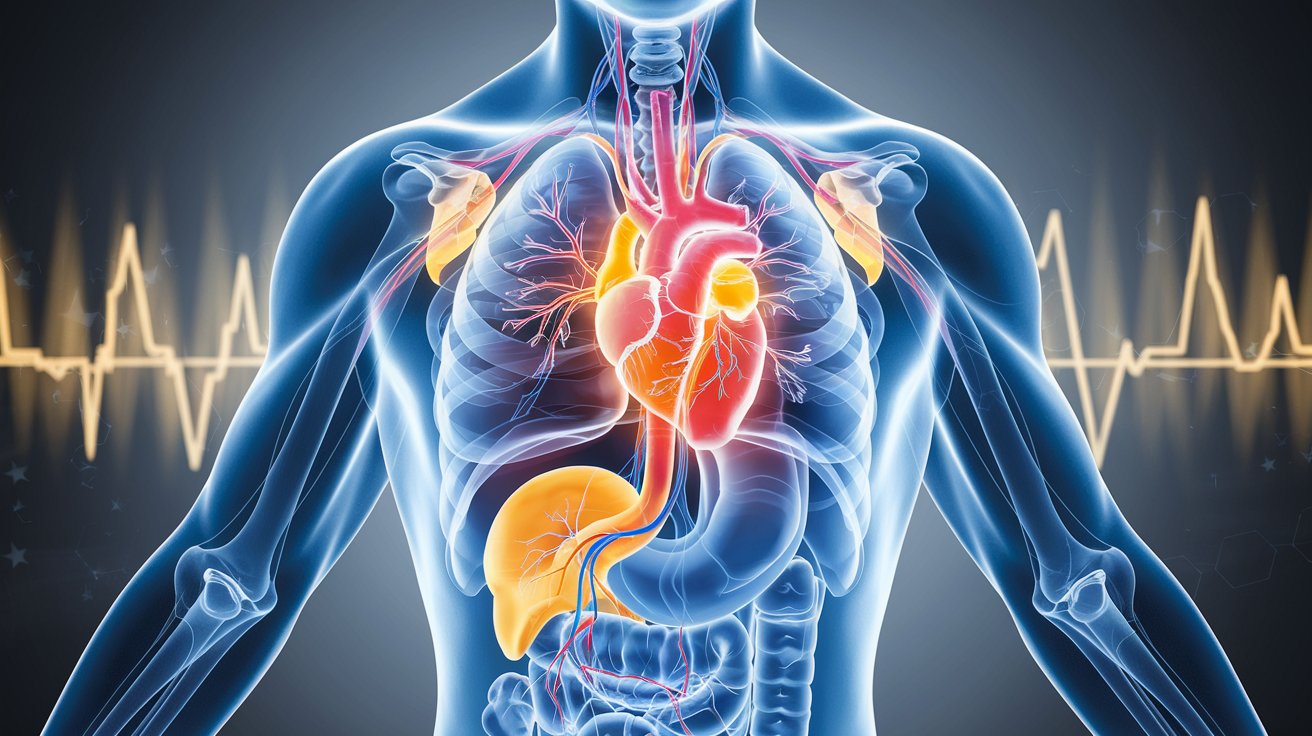
Water is one of the most important mixtures in our body and it takes approximately 60% of human body weight. It plays a crucial role in numerous bodily functions, including:
- Regulating Body Temperature: Water aids in temperature regulation through sweating and respiration.
- Transporting Nutrients: Transports food and oxygen to the cell and also helps in the disposal of wastes from the cells.
- Supporting Digestion: Body requires water to dissolve the food substances and other nutrients so that they can be digested easily.
- Cushioning Joints: It also has the function of easing the movement of joints by lessening friction hence reducing cases of injuries.
Based on these functions, adequate fluid balance is crucial for the proper functioning of the body and keeping of health.
How Much Water Should You Drink Daily?
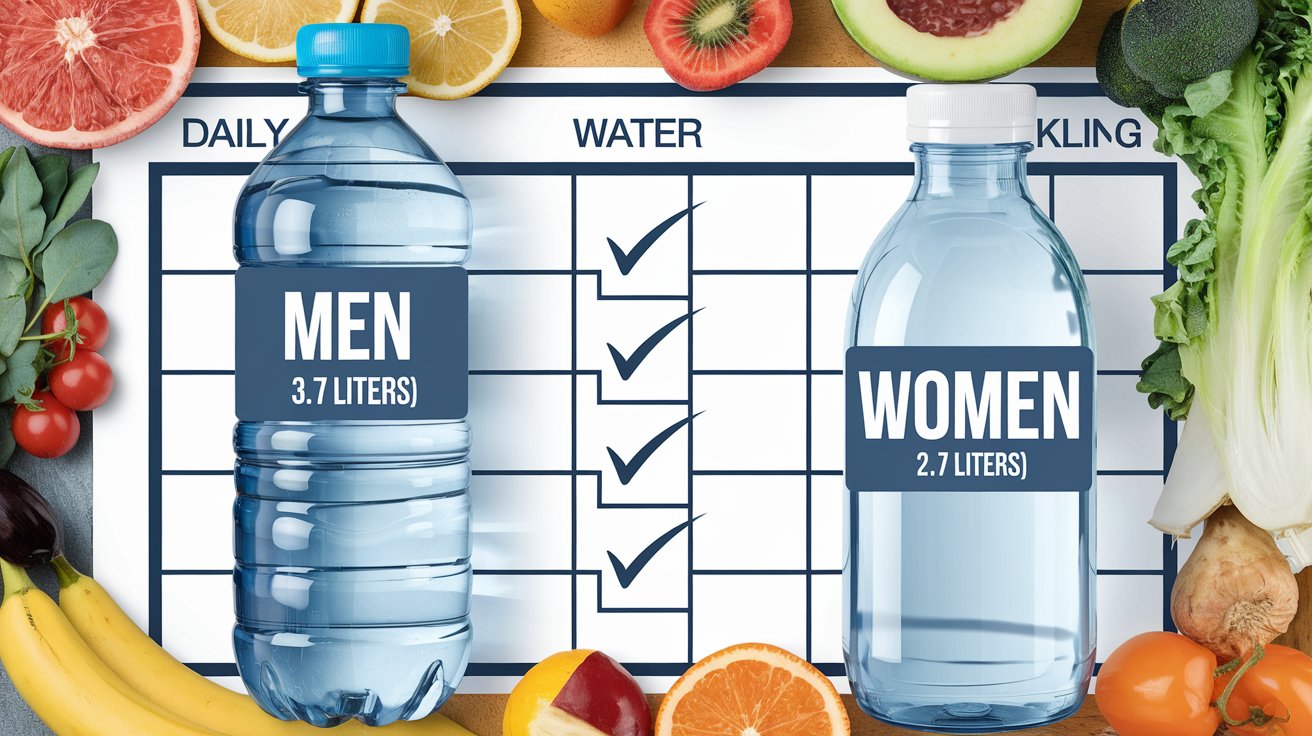
There are a lot of rules on how much water you should drink daily, one of them is 8 glasses of 8 ounces (the so-called “8 by 8 rule”). According to the U. S. National Academies of Sciences, Engineering, and Medicine, the average daily fluid intake should be approximately:
- Men: About 3.7 liters (or 15.5 cups) of total fluids per day.
- Women: About 2.7 liters (or 11.5 cups) of total fluids per day.
These recommendations include all beverages, including meals, snacks and food eaten all throughout the day as it is estimated that about 20% of daily water intake comes from the food you eat, particularly fruits and vegetables.
Factors Influencing Water Needs
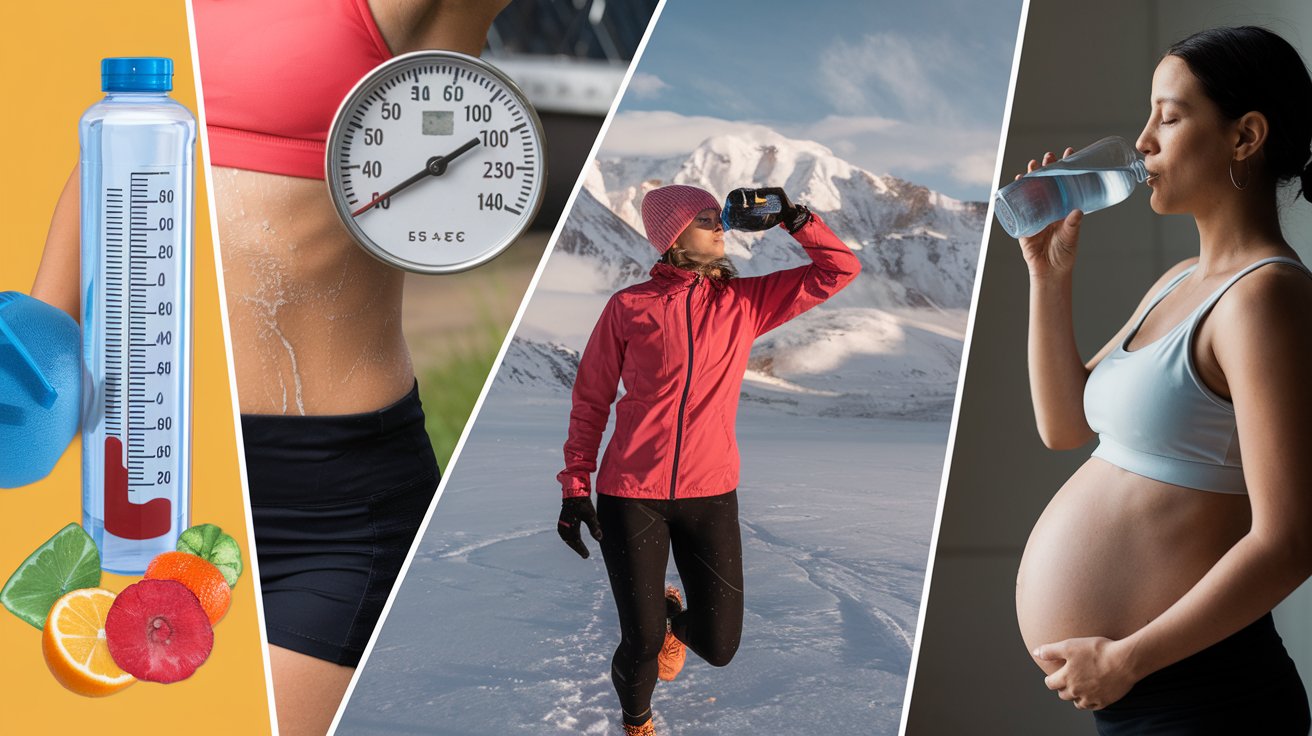
- Activity Level: Those people who take part in any form of physical activity or any exercise need more water as they lose a lot of fluid through sweating. If you are engaging in vigorous activities it may be advisable to take more water before, during, and after the exercises.
- Climate: High temperatures are characterised by high perspiration hence the need to consume more fluid. In the same way, those people who live in the mountains, they may need more water because the breathing rate is high.
- Health Conditions: Some diseases, including fever, vomiting or diarrhoea, cause the organism to lose more water, so it is necessary to consume more water. However, there are conditions when you should limit your drinking, due to certain health problems, in which case it is better to talk to the doctor.
- Diet: Fruits and vegetables including watermelon, oranges, cucumbers and lettuce among others are regarded as hydrating foods. On the other hand, drinks and foods rich in caffeine or alcohol cause increased urination and may lead to dehydration thus requiring more water intake.
- Age and Gender: Pregnant or breastfeeding women should ensure they take about 10-12 cups of water in a given day. The elderly people are also likely to be unaware of their thirst and therefore should intentionally ensure that they take fluids.
Signs of Dehydration
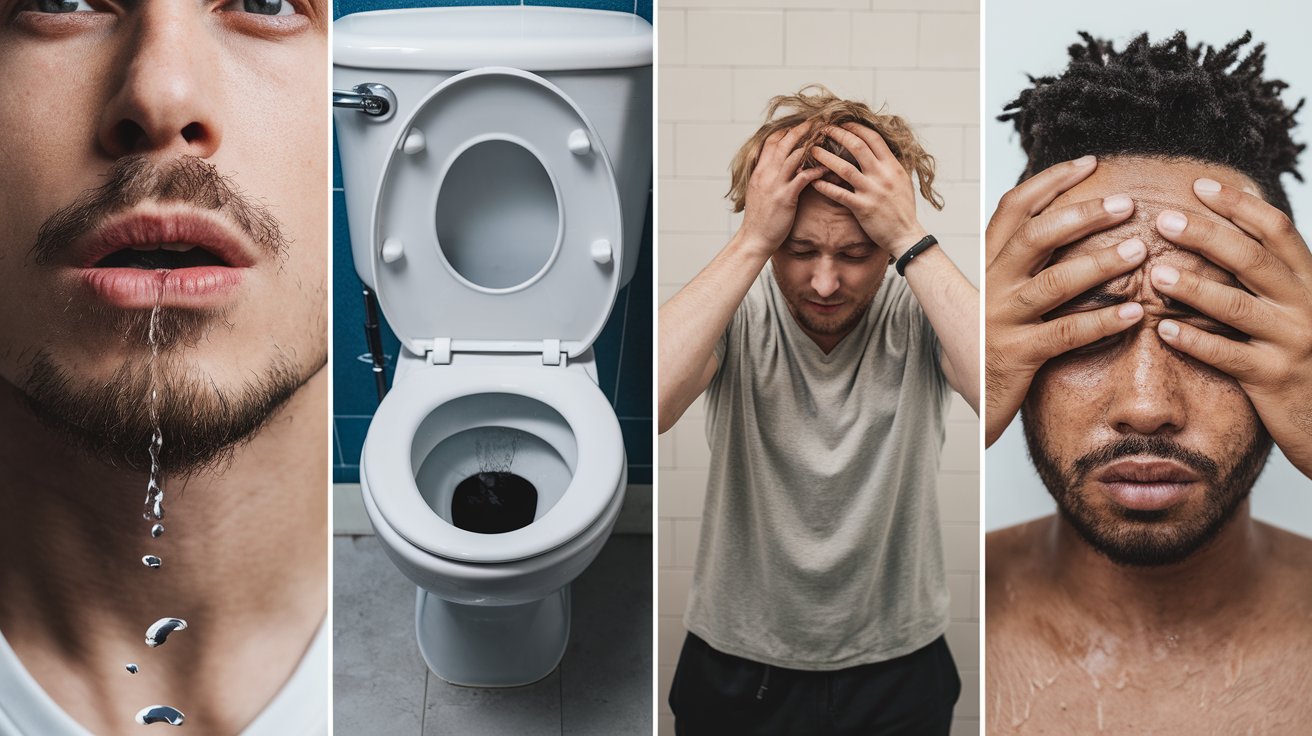
It is always crucial to note some of the indicators of dehydration in order to come up with a healthy lifestyle. Common symptoms include:
- Thirst: A good sign that your body requires one or the other fluid supplement in order to cope with the daily activities.
- Dark Urine: If the urine colour is not pale yellow one may consider themselves to be dehydrated thus needing to take more water.
- Fatigue: It also may indicate that the body is low on energy in the form of water which is one of the primary signs of low hydration levels.
- Dizziness or Confusion: Dehydration can cause confusion or dizziness especially in elderly people and severe dehydration is a life-threatening condition.
- Dry Skin: Dry skin is also one of the earliest indicators of insufficient water intake.
Practical Tips for Staying Hydrated
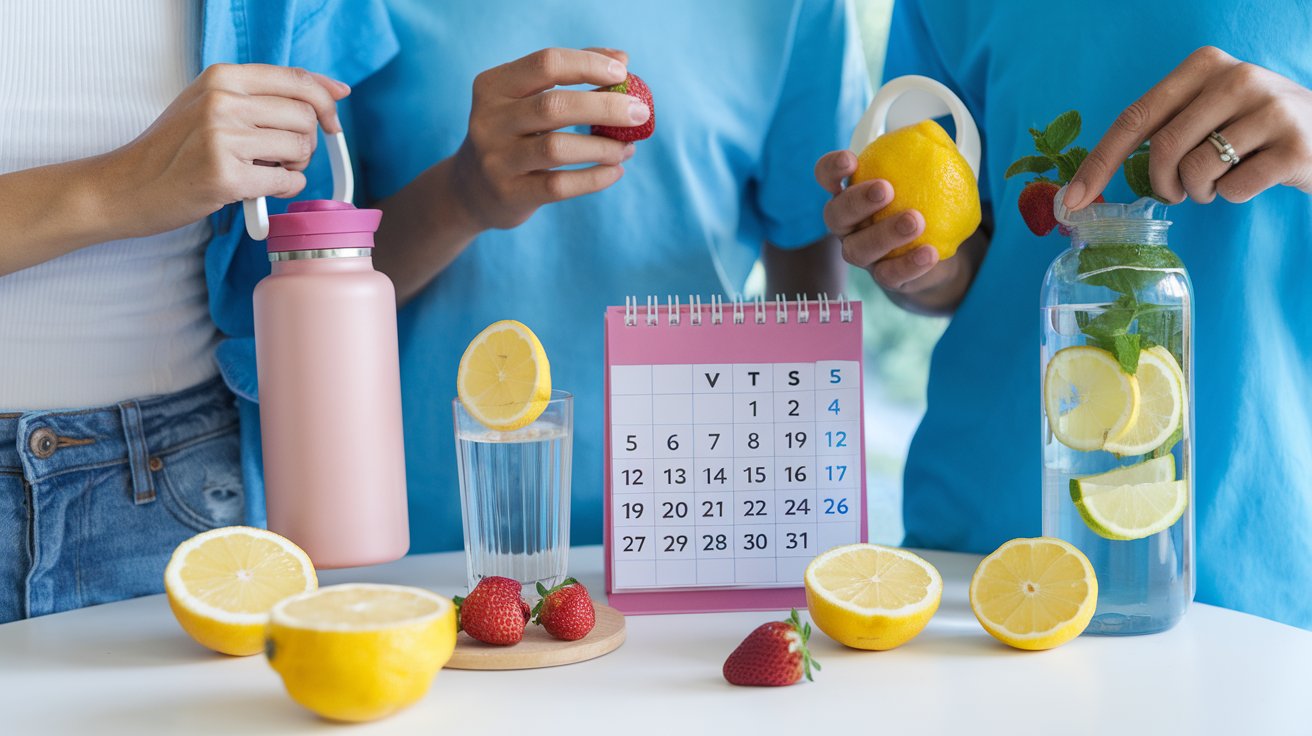
- Carry a Water Bottle: Keeping a water bottle that can be refilled at hand helps to drink water more often and not forget to take care of personal hydration.
- Set Daily Goals: Try to consume a fixed amount of water in a day and keep a check using an application on the mobile or a diary.
- Drink with Meals: It would be beneficial to consume at least one glass of water alongside a meal to ensure that you consume adequate amounts of water throughout the day.
- Flavor Your Water: If plain water feels like it is boring try adding slices of fruits, vegetables or herbs to the water thus improving the taste without having to increase the caloric intake.
- Eat Water-Rich Foods: Eat foods with a high proportion of water like fresh fruits and vegetables: cucumbers, tomatoes, oranges, strawberries, etc.
- Monitor Your Urine Color: The pale yellow color of the urine is an indication that you are adequately hydrated while a dark yellow color means that you are dehydrated.
- Drink Before You Feel Thirsty: Do not let yourself get hungry before eating or let your throat get dry before you start drinking water, learn to take water at regular basis.
Risks of Overhydration
While it is very important to keep a good supply of fluids in your system, there also comes a time that one can take too much fluid so much so that his/her body will be deficient in salt and this is known as hyponatremia. This happens every time the levels of sodium in the blood are diluted and this results in nasty effects like nausea, headaches, confusion and even terrible seizures. One must remember that you need to drink water as per the requirement of your body and in case of any doubt you must consult a specialist.
Conclusion
Knowledge of the adequate amount of water to be consumed daily is crucial in the improvement of health and fitness. Although there are general rules in this regard, the requirements and preferences may differ depending on a number of conditions. Listening to your body, evaluating its hydration status and applying related practical strategies will help make sure that you are optimally rehydrated at any point in time for health’s sake. And please bear in mind that water is not only one of the liquids which people consume, but the most important element necessary for life.
